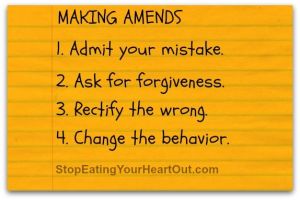Day 9 of 12 Days of Christmas: Nine ladies dancing
Lady’s Boogie — Langston Hughes See that ladyDressed so fine?She ain’t got boogie-woogieOn her mind— But if she was to listenI bet she’d hear,Way up in the trebleThe tingle of a tear. Be-Bach! SONGS about LADIES: CHRISTIAN SYMBOLISM applied to LYRICS (or not) The symbolism associated with the nine ladies dancing are the nine […]


